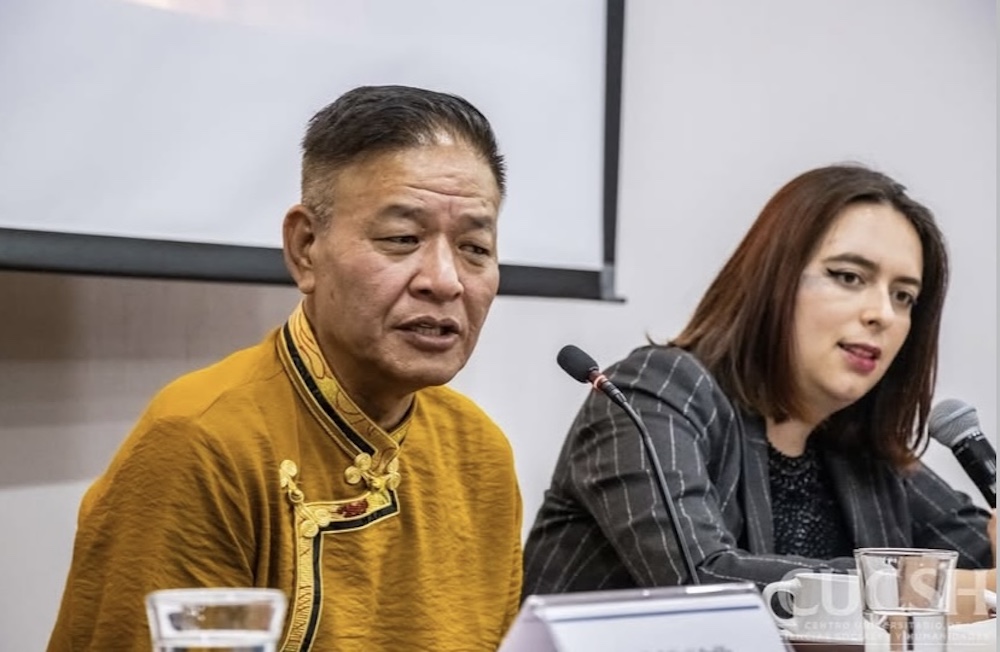GANGTOK, March 22 — Ancient healing techniques from across the world would come together in the hills of Sikkim this March.
The Sikkim chapter of the Holistic Health Promotion and Allied Education Foundation’s will host the next World Health Congress in Gangtok on 27 March.
The two-day convention will deal with the holistic healing techniques, comprising alterative medicine schools of the world, offering healing techniques, which are different from the prescribed norms of conventional allopathic medicine.
Over 250 scholars and physicians across the country and some from abroad would attend the Congress.
The main aim would be to impart knowledge of the healing techniques among the participants of the programme.
The organisers here feel that the local residents would be much benefited by the free health camps and training courses to be held during the Congress.
“This is an attempt to organise and bring together all the major medical schools of the region,” said Dr CB Lama, one of the better known names in Acupressure treatment.
“The alterative medicine schools are often considered to be without any scientific base but the truth is that these healing techniques existed much before the advent of the conventional medicine. These had successfully cured some of the serious ailments in a natural way, without administering any harmful toxic chemicals,” he said.
Homeopathy, Bio-chemic, indigenous medicine, herbal, Ayurvedic and Tibetan medicine are those which would be dealt with during the Health Congress.
In addition, interested people can avail of healing techniques such as Naturopathy, Yoga, Acupressure, Aromatherapy, Reiki, Acupuncture, Magnetology, meditation and Hydrotherapy free of cost.
With the announcement of the schedule of the World Health Congress, the organisers today said that the event would also help in spreading awareness about the conservation of rare medicinal plants in the sub-Himalayan foothills, many of which are on the verge of extinction.
“These plants, important for the medical schools of India, Tibet and China are endangered owing to the change in climatic patterns and deforestation,” said Dr Manohar Sunar, one of the organisers.
The organisers also said that efforts are also being made to include other relatively unknown medicine schools, especially those popular with the tribal sections, such as Lepcha, Bhutia and others.









